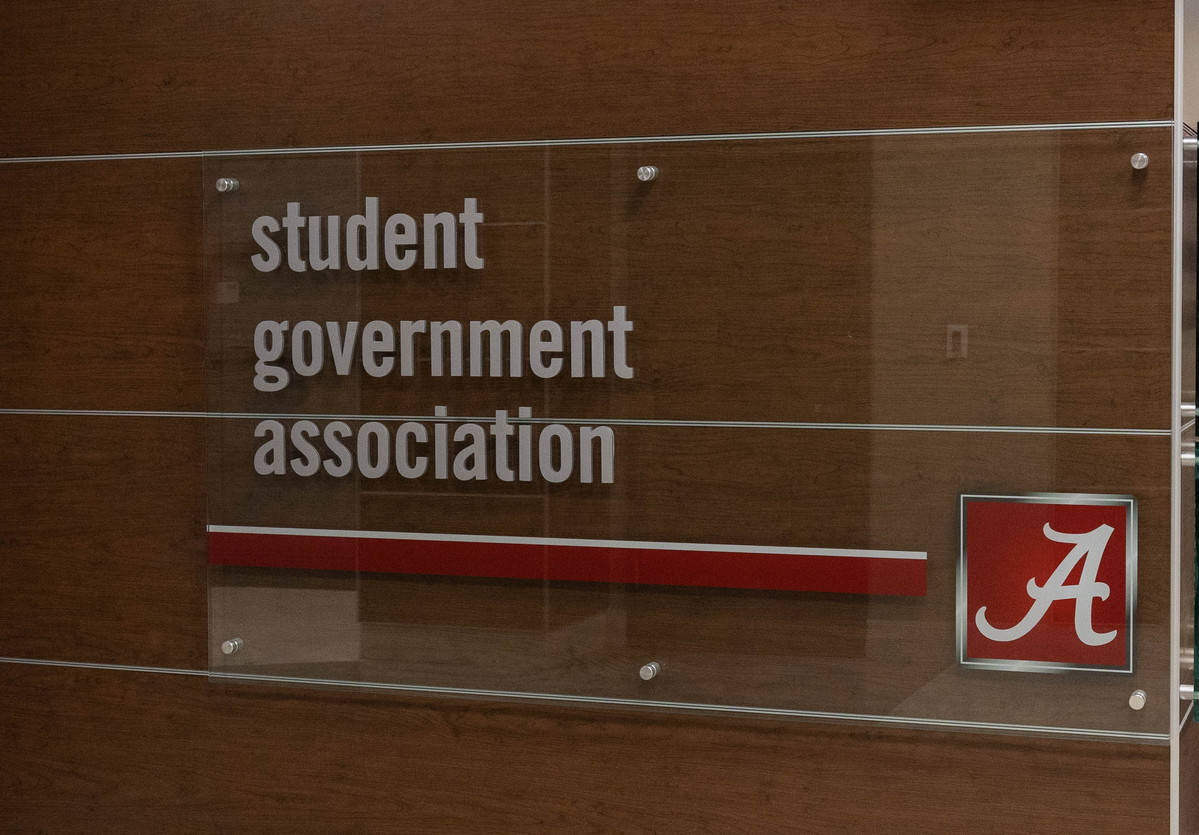The SGA Senate passed a constitutional amendment at its meeting Thursday, allowing students to serve on the Elections Board after previously working for an SGA campaign.
Per the SGA constitution, the amendment must be ratified by two-thirds of the students voting on the amendment via a referendum. The full text of the amendment will be available on the SGA website at least two weeks before the election, which will be Feb. 13.
Specifically, the amendment would remove the limitation that prohibited people who worked in a “campaign top five” position in previous SGA elections from serving on the Elections Board.
According to the Elections Board manual, “Campaign Top Five are the group of five people directly under a candidate helping with the campaign.”
Sens. Mia Ford, Jenni Page and Ella Brown authored the amendment with a total of six endorsements and sponsors, including SGA President Collier Dobbs.
The bill spent 17 minutes on the Senate floor, with proponents and opponents debating potential conflict-of-interest issues that could arise because of removing the limitation.
The legislation’s authors said that allowing people who have participated in campaigns before would provide valuable experience for the Elections Board, as they’ve already gone through the elections process.
Those opposed to the bill expressed concerns that there was nothing in the legislation to define a conflict of interest and called for the amendment to be sent to committee. Its supporters said those who endorsed and sponsored it are the ones who work most closely with SGA laws, and they saw no issue with it.
Culverhouse College of Business Sen. Walker Parsons, a supporter of the amendment, said that President Collier Dobbs, Attorney General John McLendon, and Chief Justice Abby Morthland had all read and endorsed the amendments.
“Three positions, day-to-day, they have to consult the constitution, the current laws the most,” Parsons said. “They went over this and didn’t see any issue with it; I don’t see any reason for us to have an issue with it.”
The legislation’s opponents pushed to send it to committee, but the movement failed, with some senators expressing concerns that it might miss the spring 2024 election ballot on Feb. 27 if not passed right away.
College of Arts and Sciences Sen. Eleanor Israel, who opposed the amendment, said the minimum two weeks it would take for it to go to committee would leave enough time for it to appear on the ballot anyway.
“I feel that there wasn’t a clear reason to not send the legislation to committee unless there was some resistance to the possibility of changing the legislation that wasn’t voiced during the discussion,” Israel said. “If any population with a common interest is able to saturate the Elections Board, they have no incentive to hold themselves accountable for favoring a particular set of candidates — even candidates they previously campaigned for.”
This legislation is the latest in a series of amendments aimed at updating and clarifying the constitution, most of which corrected grammatical mistakes and updated the language to better reflect current SGA policies.









